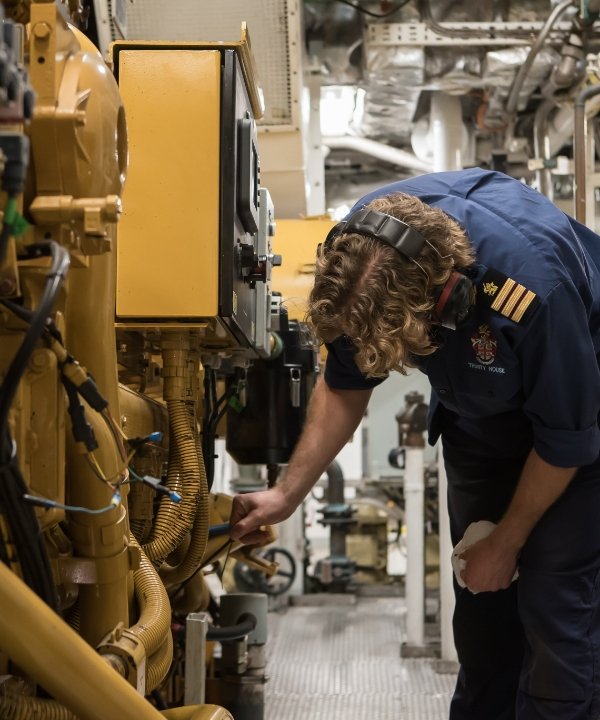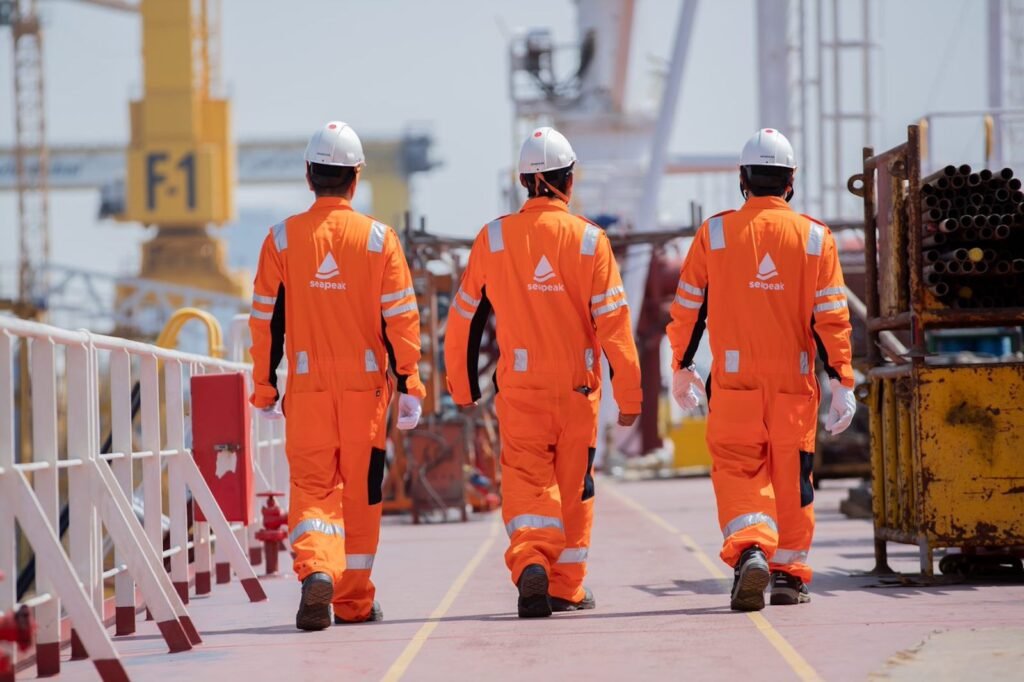Ports
SCROLL DOWN
Interested in the Ports industry?
As the second largest in Europe, the UK ports industry handles 500 million tonnes of freight traffic annually. It also supports over 60 million cruise and ferry passenger journeys, and directly employs some 100,000 people.
Depending upon the markets they serve, the types of port vary but they typically fall into three main categories: private, municipal or trust.
UK ports are run independently as standalone, self-financing businesses, with over 95% of imports/exports by volume and 75% by value passing through our ports each year.
The goods entering and leaving Britain through our ports is mainly in the form of raw materials or finished goods. Raw materials are the commodities needed to fuel the economy, such as oil, petroleum, chemicals, ores and grains, while finished goods include steel, timber, building materials, machinery, vehicles, fresh foods and consumer goods, amongst others.
The ports industry also offers a range of other services, such as maintaining ferry links to island communities and supporting the offshore energy, fishing and leisure/recreation industries.
The cruise ship sector has been a particularly high growth area over the past twenty years and this growth has been matched by the excellent facilities now available in many specialist ports, such as Southampton.
Ports also play a key role within their local and regional communities, offering significant employment opportunities, leisure activities such as yachting, and many other contributions to their local economies.
Additional information is available from the following industry sources:
Academic Qualifications
Deck (Navigation) Cadets
- Higher National Diploma (HND) in Nautical Science
- Foundation Degree (FdSc) or Scottish Professional Diploma (SPD) in Marine Operations
- BSc (Hons) Degree in Nautical Science
Marine Engineer Cadets
- Higher National Diploma (HND) in Marine Engineering
- Foundation Degree (FdEng) or Scottish Professional Diploma (SPD) in Marine Engineering
- BEng (Hons) Degree in Marine Engineering
Marine Electro-Technical Cadets
- Higher National Diploma (HND) in Marine Electrical and Electronic Engineering
- Foundation Degree (FdEng) or Scottish Professional Diploma (SPD) in Marine Electrical and Electronic Engineering
- BEng (Hons) Degree in Marine Electrical and Electronic Engineering
The HND and FD academic and professional qualifications also allow progression on to an Honours Degree programme, if desired.
So, why the Merchant Navy?
Lorem ipsum dolor sit amet, consetetur sadipscing elitr, sed diam nonumy eirmod tempor invidunt ut labore et dolore magna aliquyam erat, sed diam voluptua.
Stet clita kasd gubergren, no sea takimata sanctus est Lorem ipsum dolor sit amet. Lorem ipsum dolor sit amet, consetetur sadipscing elitr, sed diam nonumy eirmod tempor invidunt ut labore et dolore magna aliquyam erat, sed diam voluptua.
Lorem ipsum dolor sit amet, consetetur sadipscing elitr, sed diam nonumy eirmod tempor invidunt ut labore et dolore magna aliquyam erat, sed diam voluptu stet clita kasd gubergren.

Ready for the next step?
For further information about maritime careers, please contact us at: [email protected]
Once you are ready to apply for a cadetship, please email your application letter and Curriculum Vitae (CV) to us at: [email protected], and confirm your preferred training discipline (i.e. Deck Cadetship, Engineer Cadetship, METO Cadetship or Hotel Trainee).
